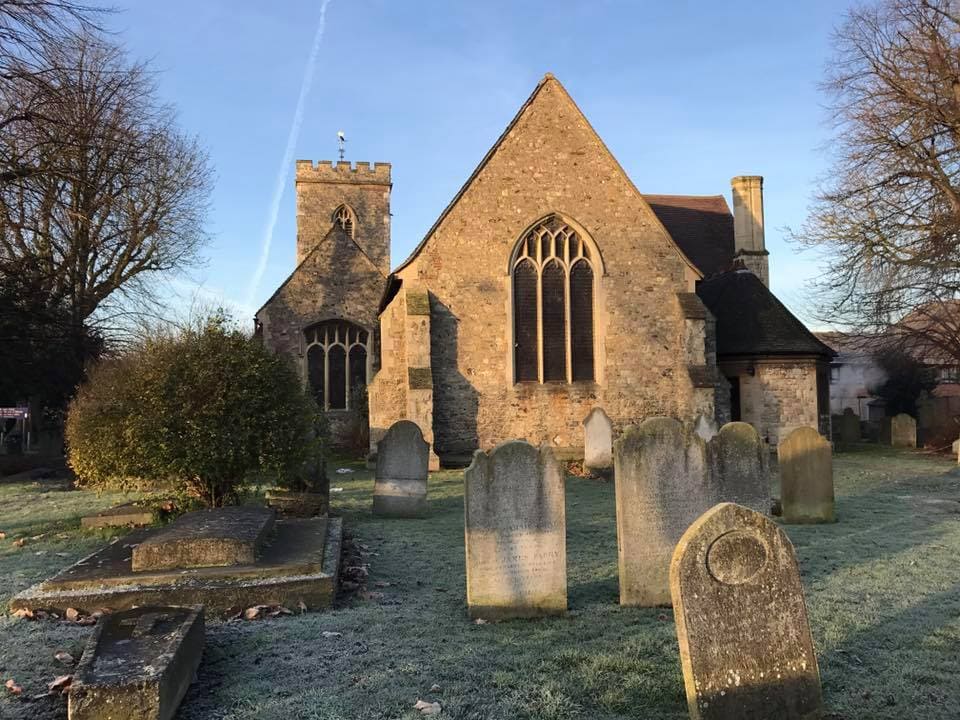In this week’s blog, Fr Chris Philips reflects on how his experience of hearing loss has enriched his ministry. Fr Chris was ordained in 2013 and has been Vicar of St Mary’s Willesden for 6 years after serving his curacy in north Yorkshire.
All my life, I have been taught that I should fit in and be the same as everyone else. As a child like any other, eager to make friends and be popular, this was the way I understood I needed to behave if I wanted to be successful. Like most children, I learned the hard way what happens if you stand out from the crowd. In my case, despite my best efforts, it was because of my speech.

Compassion
My experiences contributed to the sense of vocation that saw me work first among homeless young people and families, and then begin priestly formation. The world can be an exceptionally cruel and unforgiving place. Yet the church offered me love and a model of compassion which shows how suffering can be embraced in a radical way. This is all the more so when it is shared with others – the very essence of com-passion of course, which means to suffer alongside someone.
Each of us is an imperfect, broken human being. We all have our crosses to bear. Those of us who are ordained and who also happen to have a disability of some sort have a particular vocation to witness in a public way to the transformative potential of whatever personal pain we experience. For me, the struggle to hear and the reliance on others is no longer something to be ashamed of. My public ministry is enhanced by showing people that I need the help and support of my brothers and sisters in Christ in a way which cannot be hidden away or minimised. The same is, I would suggest, true in a variety of other ways for disabled people in ministry.
Disability as an opportunity
Our disabilities do not have to be seen as limitations, but as opportunities to be embraced. Perhaps they open a conversation with someone on the margins of the parish. Perhaps they give others permission to share their own stories of pain. Perhaps they remind the Church in a visible way that her clergy are imperfect beings too, experiencing the same physical, emotional, and spiritual struggles as everyone else.
It is an interesting – and rather sad – thing to think that I cannot name anyone in a senior post who is open and honest about having a disability. I am sure there will be some. There are plenty of advocates at diocesan staff level. But wouldn’t it be wonderful if the Church were more relaxed about embracing the gift of disabled ministry in the same way that it does with those from other under-represented groups? What a wonderful statement that would make about the Good News that in Christ, our suffering and brokenness is utterly transformed, and that he is making all things new.
The Diocese of London is committed to enabling greater belonging and participation for disabled people in the life and ministry of the church. Visit our Disability Ministry webpages for more information.
